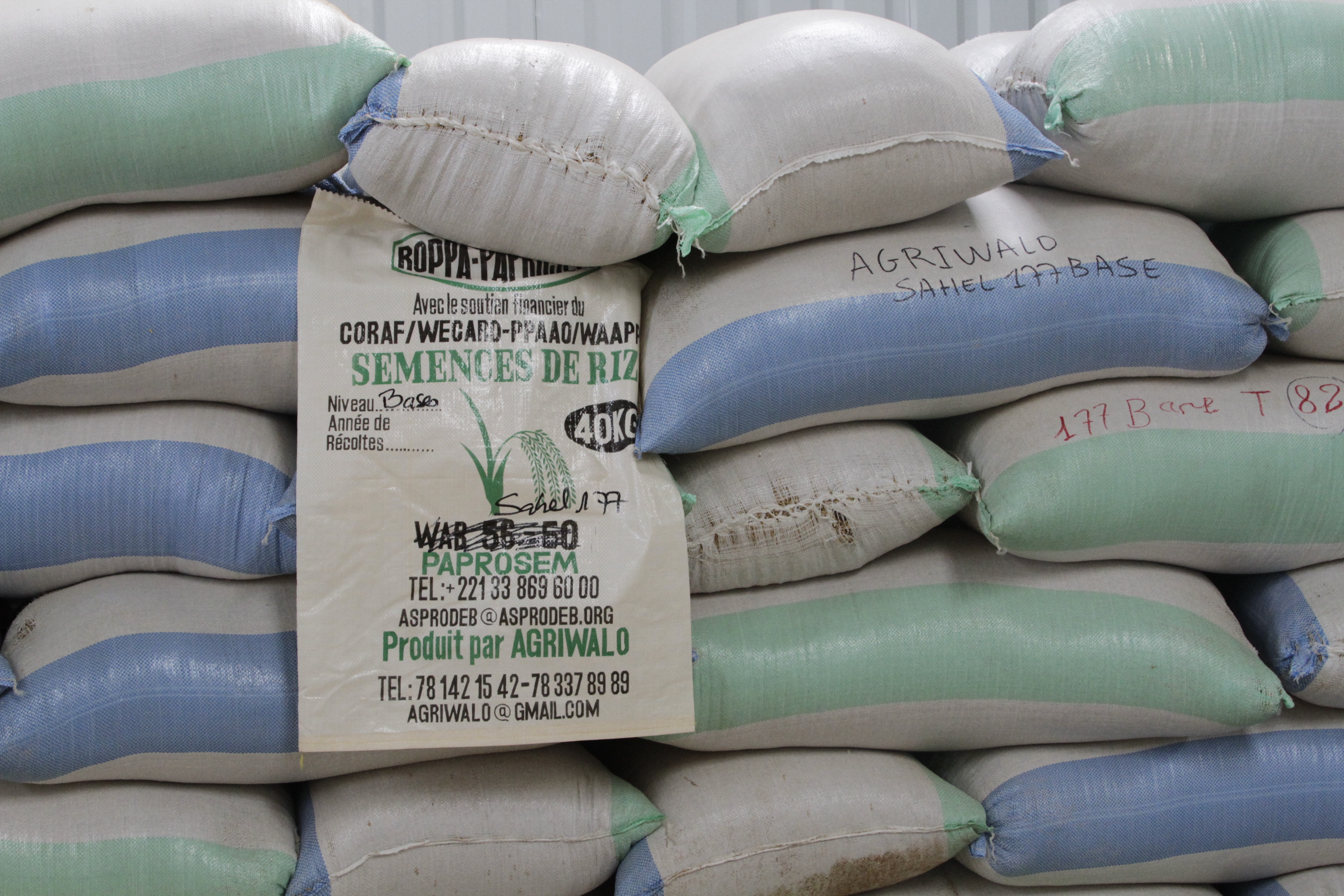The Ebola virus destroyed more than human lives when it emerged in Guinea a few years agoÔÇöit also eroded agriculture in Guinea, Liberia, and Sierra Leone.┬áFood shortages, trade restrictions, border controls, and rising food prices┬áled many farmers to resort to desperate measures and eat the seeds they were saving for the next planting season. ÔÇťWe had to cease our farming activities and seldom visited our farms. We ate all our rice seeds,ÔÇŁ┬ásays┬áHenry Koroma.
Fortunately, (CORAF) was thinking ahead: ÔÇťFamine was imminent, so the measure was timely,ÔÇŁ Dr. Ernest Asiedu, Chief of Party for the┬áWest Africa Seed Program (WASP), tells Food Tank, ÔÇťWe linked to all the countries in the region, and we mapped out the seeds available to get from┬áAfricaRice.ÔÇŁ CORAF and a host of regional partners developed theEbola Seed Support Initiative┬áto inform efforts that can strengthen regional seed systems┬áinto the future.
Supported by the┬áEconomic Community of West African States┬á(ECOWAS) and the┬áWorld Bank, the initiative found specific seed varieties for the affected areas, tested them for quality, and moved them across international borders. ÔÇťMapping out was very important,ÔÇŁ says Asiedu, explaining that the team planned for factors like the type of soil in an area and the preferred varieties among community members. They then distributed rice, maize, and cowpea seeds from all over the region for planting in 2015, as well as for producing new seeds for the following yearÔÇÖs crop. Meanwhile, the┬áWorld Food Programme┬áprovided rice and grains for farmers to eat so they could save their seeds.
This large initiative did face obstacles: ÔÇťAt the border, there was a truck from Niger carrying cowpea; they were kept at the border between C├┤te dÔÇÖIvoire and Liberia for one and a half months. In certain places, the trucks would not climb the mountain; they had to remove everything for the truck to cross, and people would carry it. It was very challenging,ÔÇŁ says Asiedu.
Despite these challenges, CORAF┬áreports┬áthat the initiative delivered or produced more than 12,600 tons of certified seed between 2015 and 2016. In 2015, it reached over 240,000 people with seeds covering some 110,000 ┬áhectares of land. Because the initiative also helped grow the 2016 seed supply within the three receiving countries, the┬áestimates┬áfor 2016 outcomes were even bigger. ÔÇťI had to struggle with my five children through the trying times; we consumed every grain that was left, and I had been selling my clothes to make ends meet,ÔÇŁ┬ásays┬áMama Isata Mansaray, ÔÇťThis seed is like being reborn. I will farm and do business again after harvesting.ÔÇŁ
The initiative highlights the role that regional seed systems and coordinated efforts by different organizations can play in ensuring that farmers get the help they need during crises. ÔÇťIt shows very clearly that human beings, if we work together, can solve any problem, so itÔÇÖs given us hope,ÔÇŁ┬ásays┬áDr. Moses M. Zinnah as LiberiaÔÇÖs Minister of Agriculture, ÔÇťBut the lesson weÔÇÖve learned is that you must have systems in place to avoid these sorts of calamities.ÔÇŁ Even beyond showing how organizations can respond to regional crises,┬álessons from the initiative┬ácan┬áhelp point the way forward. ÔÇťWe have experienced solidarity in crisis,ÔÇŁ┬áDr. Abdou Tenkouano, Executive Director of CORAF, tells Food Tank. ÔÇťWe now think that we know how to handle that, but it will be much wiser for us to be prepared. And we can harvest global partnerships for that.ÔÇŁ
 English
English
 Fran├žais
Fran├žais 
